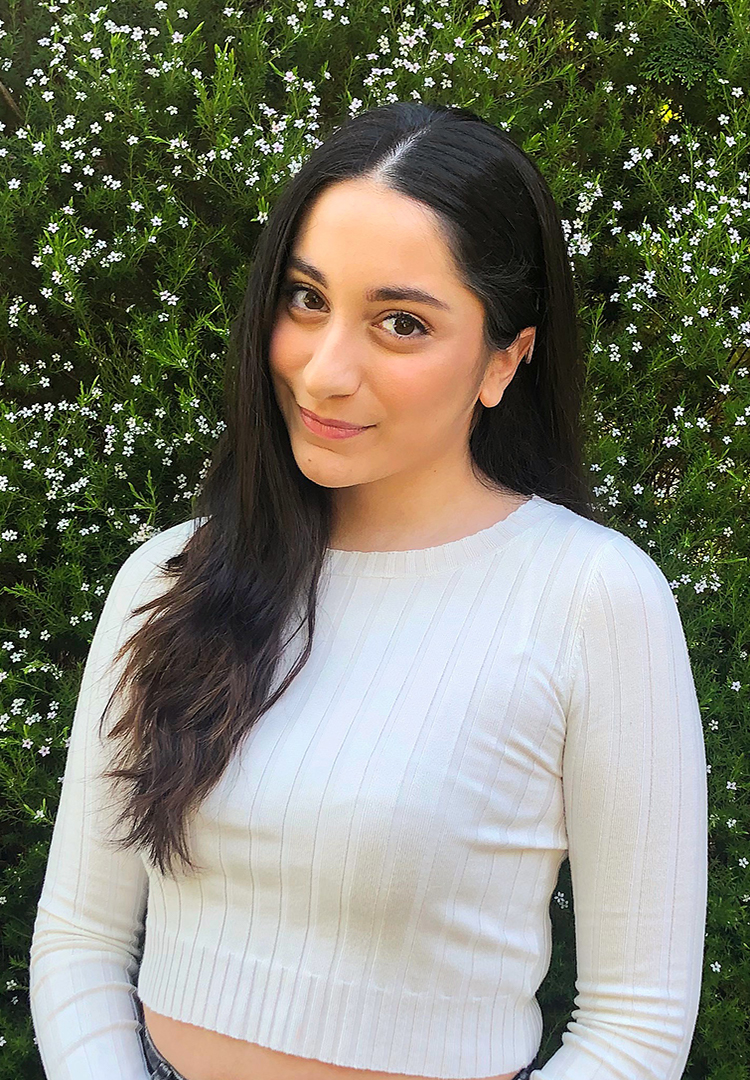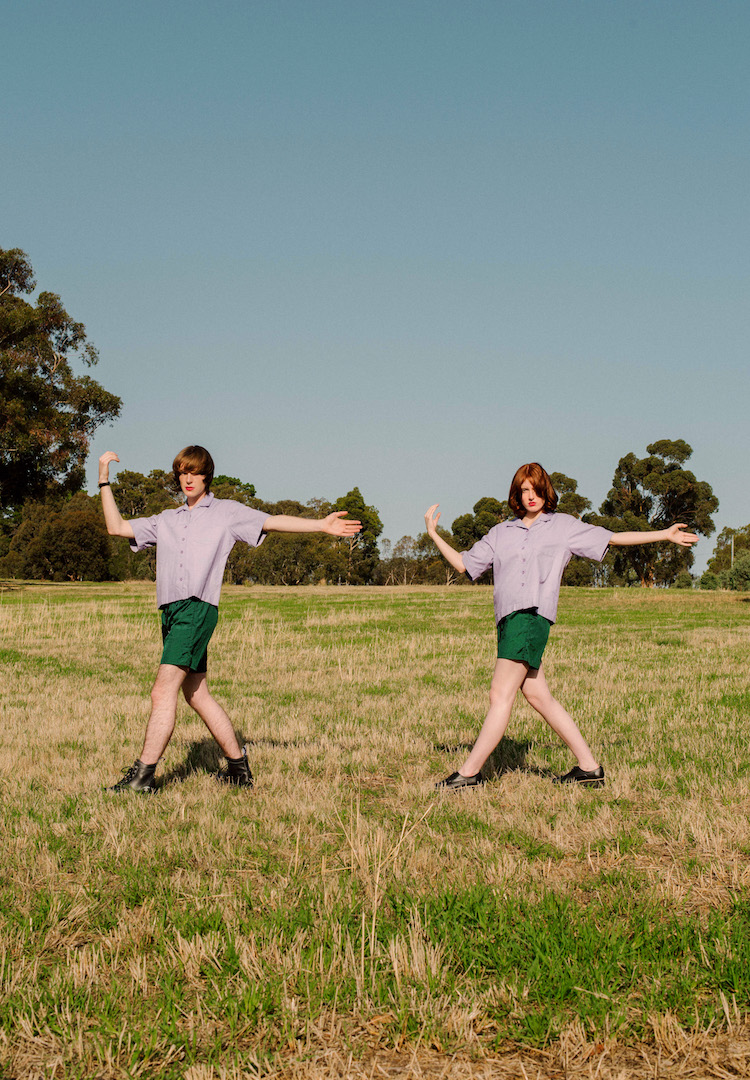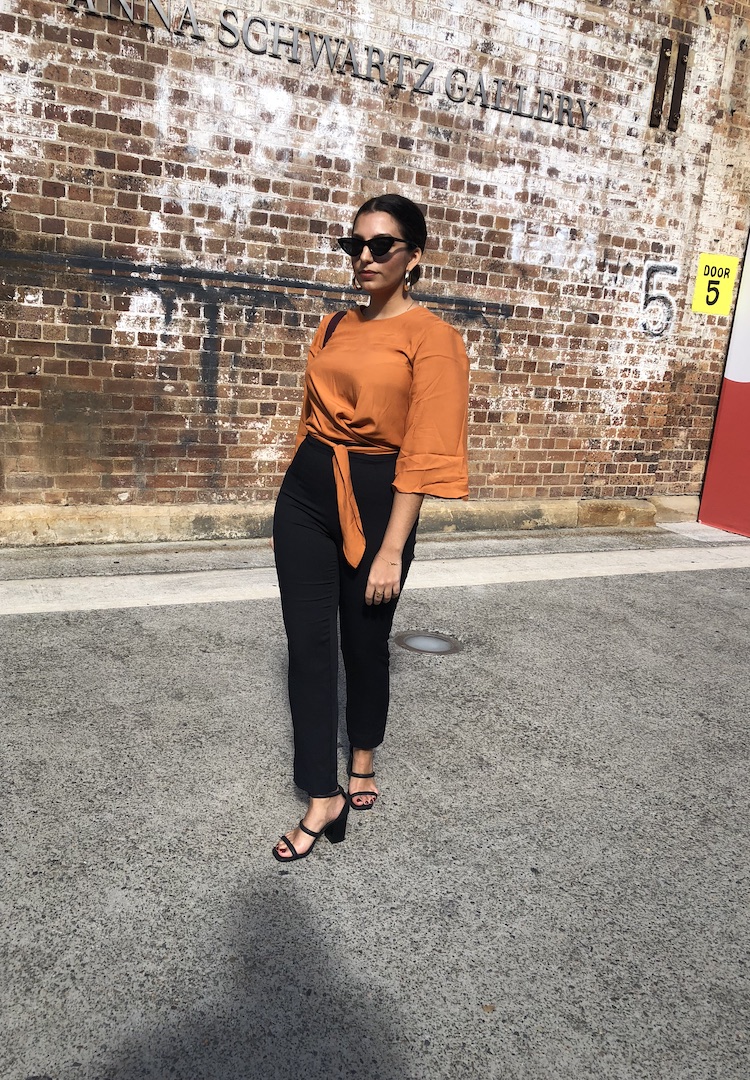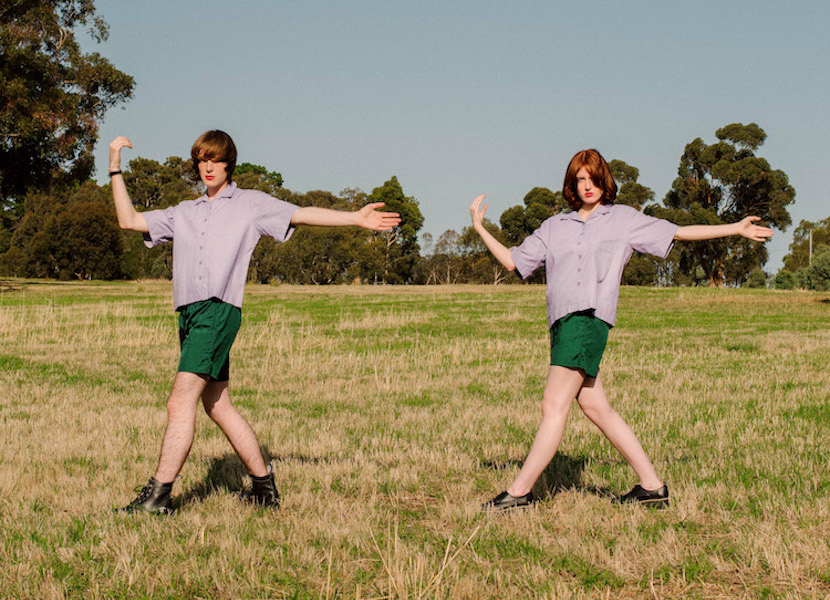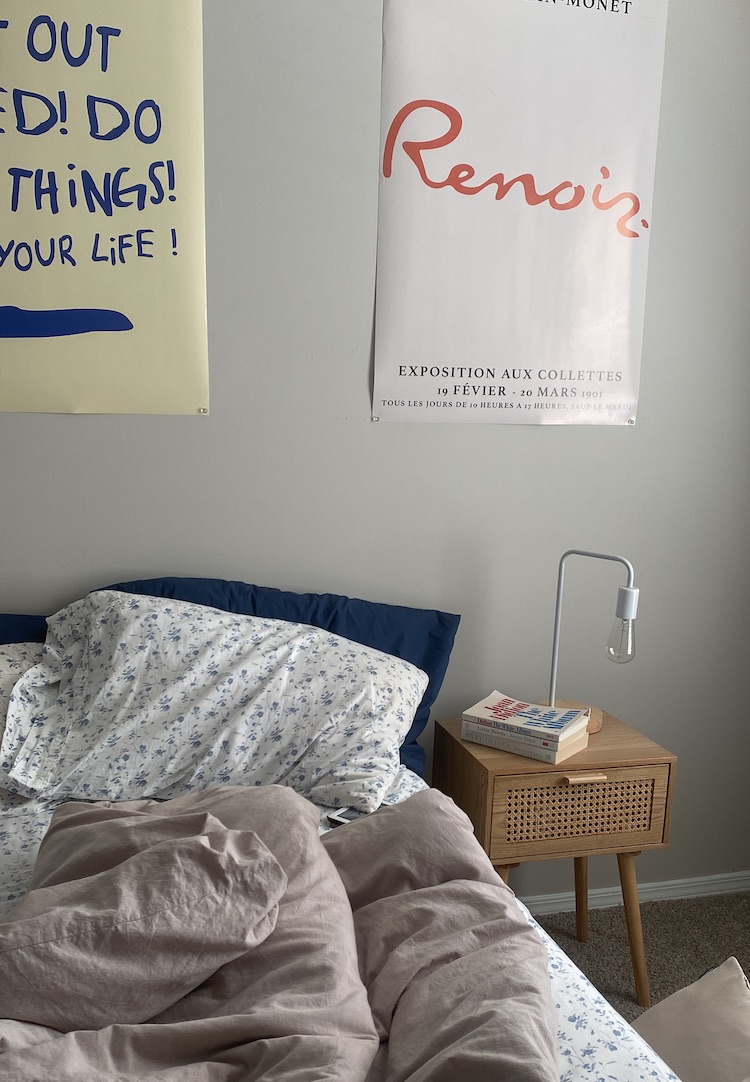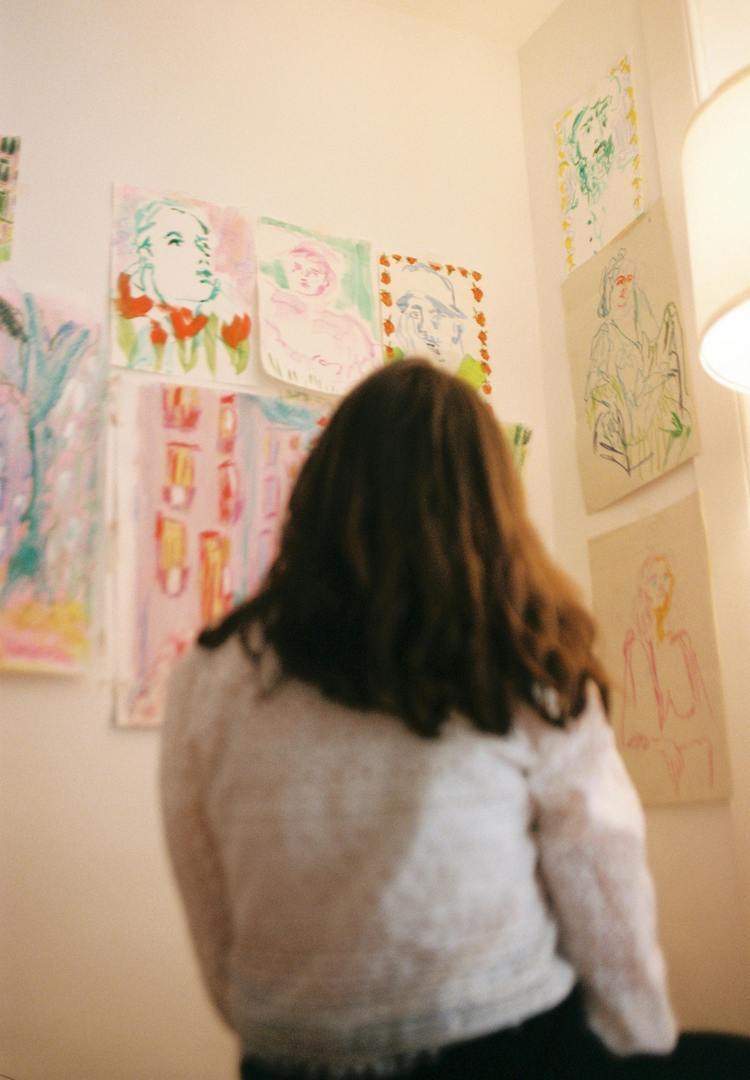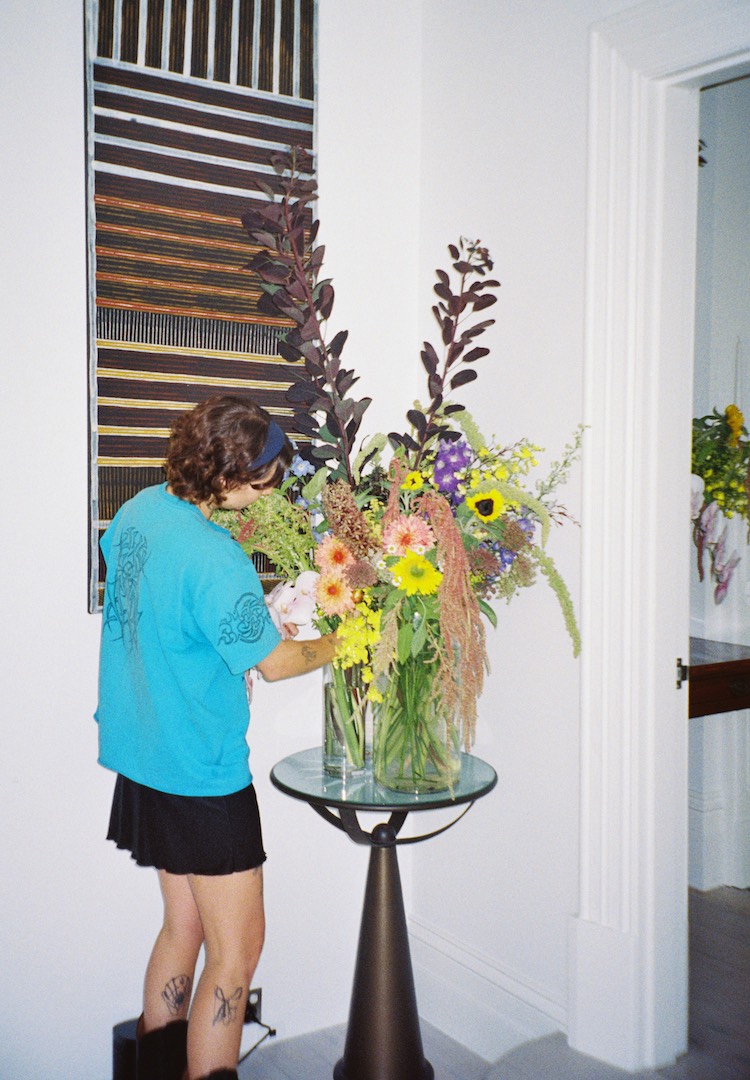My iso relationship was a game of pretend, but can they become something more?
PHOTOGRAPHY BY JESS BROHIER AT DUVAL AGENCY
WORDS BY HOLLY HARMAN
Lockdown lovers.
As I sit in my trackies with greasy hair, patiently waiting out Melbourne’s second hard lockdown, I reminisce on the days where there was a novelty to lockdown. Back when it was a new, somehow mildly exciting concept filled with endless possibilities of iso-activities like banana bread baking and painting nights.
It only now occurs to me that I somewhat cheated the system in lockdown round one by unintentionally, but ever-so conveniently, scoring myself an ‘iso relationship’. I use the term relationship lightly, because in all fairness I met my iso-counterpart several days before the lockdown.
If 2020 could be described in the form of a date it would have to be drinking in a park, sitting the required one and a half metres apart. So that’s what we did. Fast forward two weeks post-date and we were basically an old married couple.
On our second date, I remember being pulled up by a security officer on the beach for not being one and a half metres apart, to which my iso lover replied: “Oh we’re partners, we live together”. Despite being a serial commitmentphobe, his statement surprisingly didn’t phase me. At that point, I was up for anything if it seemed even mildly exciting.
If it were any other year, we may not have even gone on a second date (especially since I cried on the first one), but instead, two strangers had suddenly spent half of the week together and knew each other’s lives back to front.
After several weeks of long walks, endless coffee runs, video games and make-shift home nightclub scenarios (sadly not a vibe), the lockdown was finally lifted. Completely unrelated, but still very timely, the iso relationship was also lifted. Post lockdown, I had gained a friendship, saved six weeks of boredom and retained my mental sanity.
But this experience got me thinking about all the iso relationships happening around the world right now, and relationships that come out of other unusual circumstances, like holiday flings. Are these situationships something we would actually pursue in “real life”, or are they born out of convenience and lack of another, more enticing option?
In 2020, the line has become very blurred between what’s genuine compatibility and what’s just another temporary hook-up. Because the vast majority of us have not experienced a lockdown before, the intensity of the situation could very well be enhancing a romantic experience that may otherwise have been sub-par or non-existent.
Perhaps you are now in a relationship that came from the depths of lockdown, questioning whether it’s what you really want or wishing you could hit ctrl-z now that normalcy is on the horizon. Do not fear, you are not alone.
Fashion Journal‘s go-to couples therapist, Natalie Claire King, unpacked the ins-and-outs of iso relationships for me, explaining how to gauge if they’re legitimate, or something we should leave in 2020 (along with at-home haircuts and the word ‘unprecedented’).
Natalie tells me that “Wanting to feel close and connected to someone is even stronger… during this time of the pandemic… you are bringing someone into your space and letting someone into your world so quickly [so] it’s accelerated and intensified everything.” Hence why so many people have found themselves in these grey-area situations and unexpected relationships.
“There will be some [relationships] that come out going ‘This gave us the opportunity to become really close, really quickly and we now know quicker than we might have before that we want to be in this long term relationship’, whereas you’ll get the other side of it saying ‘Okay that served my need to be with someone when I was lonely and in lockdown, thank you so much, I enjoyed that but I can’t see us going forward any more’ and that’s totally normal,” she explains.
Feeling trapped in a situationship may very well be a circumstance many are facing right now, or may face in the near future, but Natalie says to be wary of remaining in a relationship that we know isn’t right for us.
“It can become a trap if we don’t listen to that instinct and inner voice that tells us it’s not the right thing,” she says. She also explains that “not wanting to let the other person down and not wanting to hurt them,” is a contributing factor to why so many people avoid these tricky conversations and inevitably feel cornered.
For those faced with the uncomfortable reality of knowing it’s time to part ways with your iso-partner, Natalie highlights the importance of staying true to ourselves because “when we can be honest with ourselves it’s best for the other person too.”
Being on the receiving end of a dumping is never easy and is generally quite horrible, but being the one calling it quits can be just as difficult, so Natalie’s advice is to “go into it with care for the other person”. Rather than playing the blame game, remember that “there might be things that you didn’t like in that person, but they might find someone who loves that in them, so I think be kind but honest as well,” she says.
May the many make-do iso relationships rest in peace, but hats off to the ones who made it through and can live to tell the tale.

